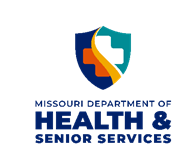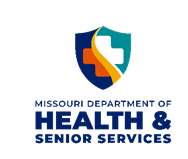July 25, 2025

How Health Systems are Staying Ahead of Drug Shortages
With hundreds of drug shortages persisting across the U.S., pharmacy leaders are adopting more coordinated strategies to manage supply disruptions and mitigate financial losses. These include expanding on-hand inventory for critical injectable medications, centralizing supply chain operations and embedding clinical decision tools. The goal is to ensure supply chains are “not only operationally sound but also clinically meaningful.”
Hospital labor expenses tied to managing these shortages increased from $359 million in 2019 to $894 million in 2024, according to a June Vizient report. Pediatric facilities were hit especially hard, tracking 25% more shortages and more frequently exceeding pharmacy budgets than other hospitals.
Vizient researchers in 2019 also estimated that drug shortages cost hospitals an additional $359 million annually in labor alone and $200 million more each year from purchasing higher-priced substitute medications.
Ten pharmacy leaders were asked “What strategies are most effective in mitigating persistent drug shortages.”
Click Here to Read the Responses






